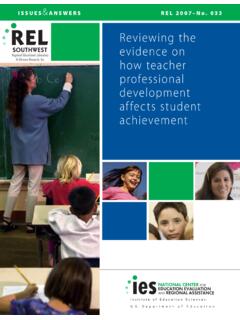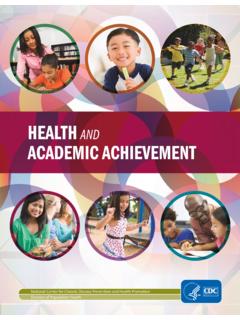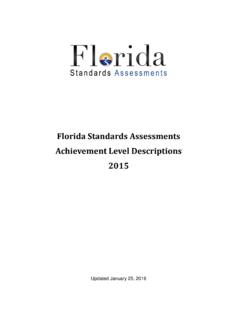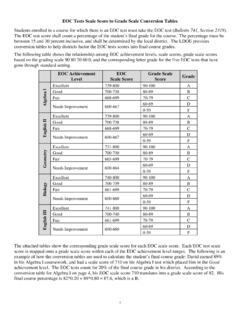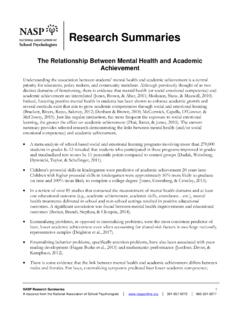Transcription of Growth mindset tempers the effects of poverty on academic ...
1 Growth mindset tempers the effects of poverty onacademic achievementSusana Claroa,1, David Pauneskub, and Carol S. Dweckb,1aGraduate School of Education, Stanford University, Stanford, CA 94305-3001; andbDepartment of Psychology, Stanford University, Stanford,CA 94305 Contributed by Carol S. Dweck, May 25, 2016 (sent for review September 27, 2015; reviewed by Ross A. Thompson and Timothy D. Wilson)Two largely separate bodies of empirical research have shownthat academic achievement is influenced by structural factors, suchas socioeconomic background, and psychological factors, such asstudents beliefs about their abilities. In this research, we use anationwide sample of high school students from Chile to investi-gate how these factors interact on a systemic level. Confirmingprior research, we find that family income is a strong predictorof achievement . Extending prior research, we find that a growthmindset (the belief that intelligence is not fixed and can be de-veloped) is a comparably strong predictor of achievement and thatit exhibits a positive relationship with achievement across all ofthe socioeconomic strata in the country.
2 Furthermore, we find thatstudents from lower-income families were less likely to hold agrowth mindset than their wealthier peers, but those who didhold a Growth mindset were appreciably buffered against the del-eterious effects of poverty on achievement : students in the lowest10th percentile of family income who exhibited a Growth mind-set showed academic performance as high as that of fixed mindsetstudents from the 80th income percentile. These results suggest thatstudents mindsets may temper or exacerbate the effects of economicdisadvantage on a systemic | academic achievement |income|inequality|education equalitySocioeconomic background is one of the strongest, bestestablished predictors of academic achievement (1, 2). It iswell-known that economic disadvantage can depress students academic achievement through multiple mechanisms, includingreduced access to educational resources, higher levels of stress,poorer nutrition, and reduced access to healthcare (3 5).
3 None-theless, students with the same economic background clearly vary intheir academic outcomes, and researchers have long suggested thatstudents beliefs, such as locus of control, may temper or exacerbatethe effects of economic disadvantage on academic achievement (6 9). However, there has been a lack of clarity as to what these beliefsare or how they interact with structural factors, like economic dis-advantage, on a systemic level. The current research identifies abelief students mindset about intelligence that is systematicallyassociated with economic disadvantage and moderates its effects onachievement. Importantly, it is also a belief that is potentiallyamenable to change (10 14).Numerous studies have found that students fare better if theybelieve that their intellectual abilities can be developed a beliefcalled Growth mindset than if they believe that their intellectualabilities are immutable a belief called fixed mindset (15).
4 Thesestudies have documented numerous ways in which mindsets in-fluence behaviors that impact academic achievement (16 18).Students with a fixed mindset tend to avoid situations in whichthey might struggle or fail because these experiences underminetheir sense of their intelligence. In contrast, students who have agrowth mindset tend to see difficult tasks as a way to increasetheir abilities (11) and seek out challenging learning experiencesthat enable them to do so (16, 17). As a consequence, studentswho have a Growth mindset tend to earn better grades thanstudents who hold a fixed mindset (11, 17, 18), especially in theface of difficulty. Additionally, a number of field experimentshave now shown that Growth mindset plays a causal role inachievement. These field experiments, including two blinded,randomized, controlled studies conducted with over 1,500 par-ticipants each, have shown that targeted interventions can helpstudents start to develop a Growth mindset and that such inter-ventions can lead to higher achievement for students facinggreater adversity (10 14).
5 However, because previous research was conducted with un-representative samples and lacked socioeconomic data, it hasbeen impossible for researchers to address fundamental ques-tions about the relationship between mindset and socioeconomicachievement gaps. Is the relationship between mindset and ac-ademic achievement a lawful pattern that can be observed reliablyacross an entire nation, and is it strong enough to be practicallymeaningful when measured against canonical structural factors,like family income? Is there evidence that economic disadvantagereinforces the fixed mindset ? Finally, is a fixed mindset even moredeleterious to economically disadvantaged students because theymust overcome greater obstacles to succeed? We systematicallyinvestigate these questions for the first time, to our knowledge,using a national dataset containing all 10th graders in and MethodsThis work uses a dataset of all 10th grade public school students in Chile toaddress these questions on a national scale.
6 The Chilean Government ad-ministers standardized tests to measure the mathematics and language skillsof all 10th graders in the country every other year. It also surveys eachSignificanceThis study is the first, to our knowledge, to show that a growthmindset (the belief that intelligence is not fixed and can be de-veloped) reliably predicts achievement across a national sample ofstudents, including virtually all of the schools and socioeconomicstrata in Chile. It also explores the relationship between incomeand mindset for the first time, to our knowledge, finding thatstudents from lower-income families were less likely to hold agrowth mindset than their wealthier peers but that those who didhold a Growth mindset were appreciably buffered against thedeleterious effects of poverty on achievement . These resultssuggest that mindsets may be one mechanism through whicheconomic disadvantage can affect contributions: designed research; and performed research; analyzed data; , , and wrote the paper; and , , and : , University of California, Davis; and , University of authors declare no conflict of deposition: The original datasets used for this study belong to the Chilean Depart-ment of Education.
7 Applications to access these datasets should be done the SIMCE datasets. TheJUNAEB dataset can be downloaded directly from their site whom correspondence may be addressed. Email: or article contains supporting information online Early Edition|1of5 PSYCHOLOGICAL ANDCOGNITIVE SCIENCES student, each student s family, and each school. The 2012 student survey forthe first time, to our knowledge, measured students mindsets about themalleability of intelligence using a short version of the standard instrumentused by Dweck (15). Students who agreed or strongly agreed with state-ments suggesting that intelligence cannot be changed ( , intelligence issomething that cannot be changed very much and you can learn newthings, but you can t change a person s intelligence ) were categorized ashaving a fixed mindset , those who disagreed or strongly disagreed werecategorized as having a Growth mindset , and those who were uncertainwere categorized as having a mixed mindset .
8 A categorical system was usedin graphical presentations for clarity, whereas a continuous standardizedscore was used in analyses. The details, including the Spanish translation ofthe items, are provided inSI Materials and analyses include all public school students who answered at least onemindset item and completed at least one standardized test (n=168,203 andn=168,553 for mathematics and language, respectively). These studentsrepresent 75% of all 10th graders from Chile s public schools, and theschools represent 98% of all 2,392 public schools. A detailed description ofthe population as well as the imputation methods that were used formissing data are available inSI Materials and Methods. The descriptivestatistics for variables on the whole population and the analytical sample arelisted inTable , we sought to determine whether the relationship betweenmindset and academic achievement constitutes a lawful patternthat can be observed reliably across an entire nation and whetherit is strong enough to be practically meaningful when measuredagainst canonical structural factors, like family income.
9 Consis-tent with prior findings (1, 19), canonical predictors of academicachievement, such as family income and parents education, werecorrelated with test scores in our sample (Table 1). Importantly,the relationship between student mindsets and achievement wascomparably strong and held across all students in Chile. Studentmindset explained of variance (r= ) in a compositeaverage of mathematics and language scores, and the top stu-dent-level socioeconomic predictor explained (r= ).The difference between these correlations was statistically sig-nificant: Fisher srtoZ= ;P= (20). Among school-levelsocioeconomic variables, the poverty concentration index wasthe strongest predictor of test scores (explaining of vari-ance), whereas the average mindset at the school or schoolmindset was again on par with this variable (explaining the variance). This difference was not statistically significant:Fisher srtoZ= ;P= , we sought to determine the robustness and general-izability of this relationship.
10 We found that the relationship be-tween mindset and achievement could be observed across thesocioeconomic spectrum and even when controlling for an ex-tensive list of important student- and school-level factors. As Fig. 1shows, students who subscribed to a Growth mindset outperformedtheir peers at each family income level. Furthermore, mindsetremained a highly significant predictor of achievement across aseries of hierarchical linear regression models (21) controllingfor all available canonical predictors of achievement (1, 19, 22).Table 2 presents the results, showing that the relationship be-tween mindset and test scores still holds in each of these start, column 2 in Table 2 shows this analysis for standardizedmathematics and language scores without any covariates. Column3 in Table 2 controls for student-level characteristics, includinggender, ethnic origin, family income, mother s and father sedu-cations, the presence of household assets ( , books, computer),and family structure.
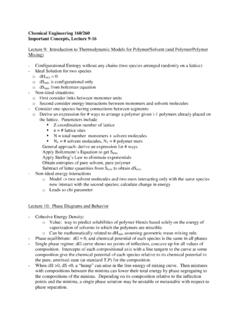

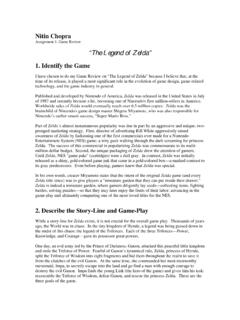
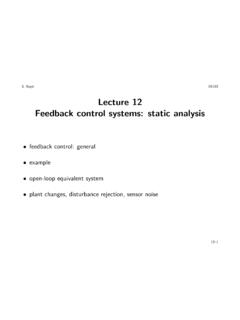
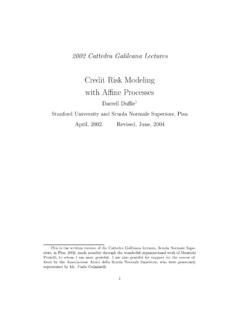

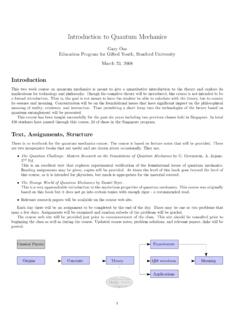
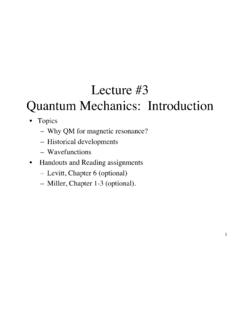
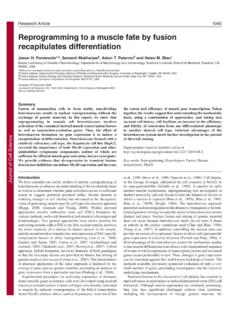
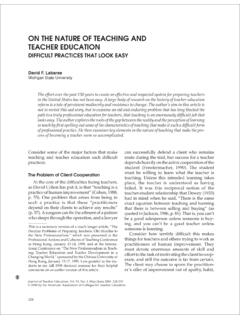
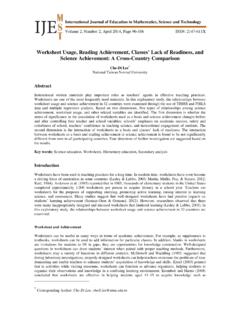
![[STUDENT ACHIEVEMENT FACTORS] - ed](/cache/preview/5/b/7/7/7/3/a/d/thumb-5b7773ad29f4cb9f9299867670f10529.jpg)
